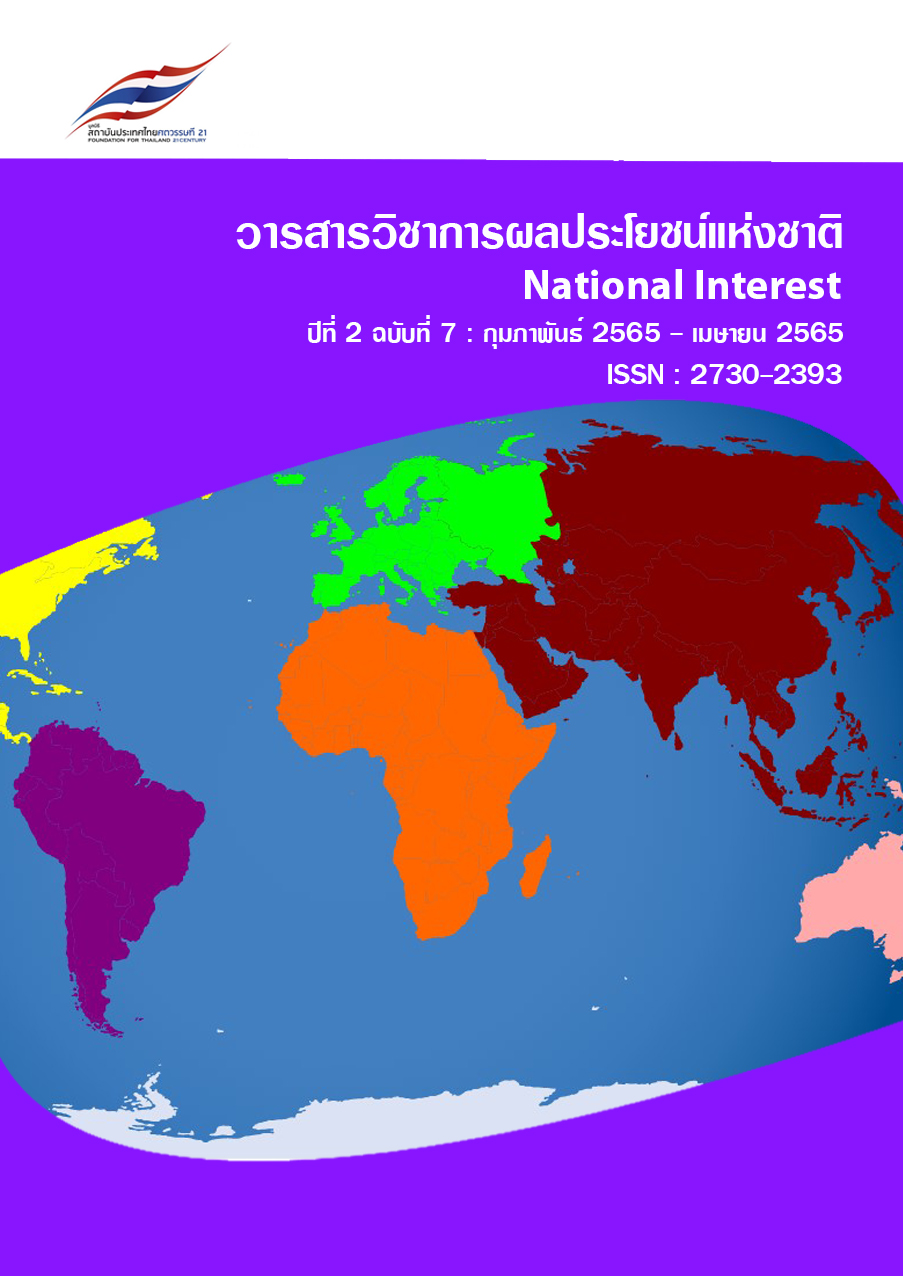Educational Quality Standards and Their Uninterrupted Monitoring as a Condition for Ensuring Sustainable Development of Education .
Main Article Content
Abstract
In the conditions of globalization and sustainable development there is an acute need to improve and restructure the educational sector of Ukraine. The key issue is the development of internal and external quality assurance systems for higher education, improving the quality of educational services, forming an effective management system that takes into account the specifics of ensuring, taking into account and satisfying interests between stakeholders and universities. The process of measuring and improving the quality of educational services is researched. An algorithm for continuous measurement of the quality of provided educational services by the university is proposed. Based on the analysis of indicators of quality of provided educational services and profitability of relationships with students, we proposed a matrix of relationships between universities and students, which allows the university to choose a customer-oriented strategy of behavior in the market of educational services.
Article Details

This work is licensed under a Creative Commons Attribution-NonCommercial-NoDerivatives 4.0 International License.
Thai Journal of National Interest Academic Journal under Creative Commons Attribution-NonCommercial-NoDerivatives 4.0 International License The journal allows access or distribution of academic work without charge or registration. To support the exchange of knowledge Scope covers academic work in geopolitics. Geoeconomics and Innovation
Users can share, copy and distribute all information published in National Interest Academic Journal in any form or medium subject to the following conditions:
Citation — Permission to use, reproduce, distribute, or modify the work. But credit must be given to the owner of the work. If the work is used without credit, the name of the owner of the work will be Must obtain permission from the owner of the work first.
Noncommercial — The work may be used, reproduced, distributed, or modified. However, the work or article may not be used for commercial purposes.
Cannot be modified — The work may be used, reproduced, and distributed. But do not modify the work. unless permission is received from the owner of the work first
References
European Commission/EACEA/Eurydice, The European Higher Education Area in 2018: Bologna Process Implementation Report. Luxembourg: Publications Offi ce of the European Union. – Р.18. 2018. [Online]. Avaliable: https://eacea.ec.europa.eu/nationalpolicies/eurydice/sites/eurydice/files/bologna_internet_0.pdf [Accessed Dec. 29, 2021]. (in English).
Standards and Guidelines for Quality Assurance in the European Higher Education Area (ESG). (2015). Brussels, Belgium. [Online]. Avaliable: https://www.enqa.eu/wp-content/uploads/2015/11/ESG_2015.pdf [Accessed Dec. 29, 2021]. (in English).
A.Maslow, “Motivation and personality” “Translated. with English”, no 3, 352 p., 2008 (in Ukrainian).
T.V. Finnikov, V.I. Tereshchuk, “Development of internal quality assurance systems in Ukrainian higher education institutions”. Analytical report. Kyiv: Waite, 58p., 2020. (in Ukrainian).
A.V. Babenkova, “Estimation of consumer satisfaction as an indicator of the efficiency of an industrial enterprise”. Scientific Bulletin: Political Science, Economics, Sociology, Law, no 12, pp. 54-62, 2010 (in Ukrainian).
A. Nikiforov, “Quality Management”, M.: Student, 717 p., 2011 (in Russian).
Eales-Reynolds, L-J. , and Rugg, E. Engendering a culture of quality in teaching and learning. 2021 [Online]. Avaliable: https://www.oecd.org/education/imhe/43977642.pdf [Accessed Dec. 29, 2021]. (in English).
Creating a Quality Culture in Higher Education. 2021 [Online]. Avaliable: https://peregrineglobal.com/quality-culture/ [Accessed Dec. 29, 2021]. (in English).


